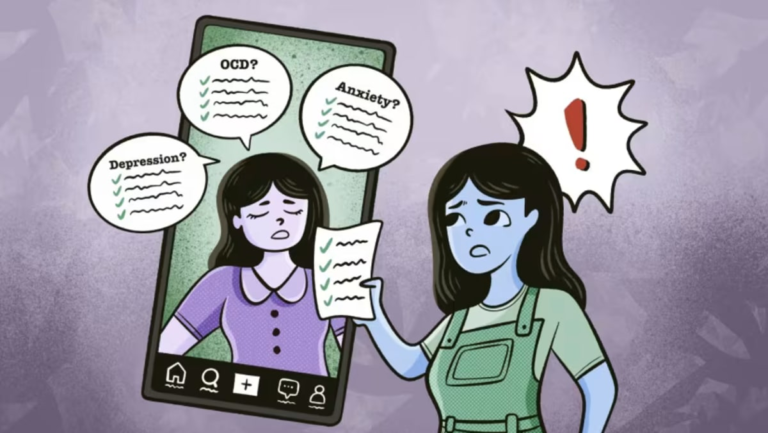EDUCATION, KEY TO PROMOTING LITERACY
For many people, the words “mental health” tend to conjure up the idea of mental illness – a fundamental misunderstanding of what the term encompasses, said Ms Ong of SG Mental Health Matters, who also leads a working group developing a national suicide prevention strategy. .
She added that many members of society, including institutions, currently assess a person’s mental health based on a “single continuum – from health and thriving to illness.”
“The World Health Organization’s definition of mental health is not limited to the absence of mental disorders, it also refers to well-being,” she said.
“So we need to start understanding mental health in a more nuanced way, which I also learned from my own experience with mental health.
“One person can languish without suffering from a mental illness, because it is very human to feel depressed at times. Yet another might thrive with a diagnosed mental health problem and benefit from a treatment and support program. “
Ms Ong and other mental health experts told TODAY that much of the elimination of mental health stigma has to do with improving levels of emotional and mental health literacy in our society.
While emotional literacy refers to the ability to recognize, understand, express and manage one’s own and others’ emotions, mental health literacy involves possessing accurate information, beliefs and attitudes about mental health issues. .
Both forms of literacy are important in helping people who suffer from mental illnesses or mental health problems feel accepted in society.
For Robin (pseudonym), who was diagnosed with depression at the age of 15, she believes that mental health education should start at a young age.
“To me, children are much smarter than we give them credit for. Maybe they don’t have the ability to explain exactly what they’re feeling, but I think they’re pretty intuitive. If you make things the norm for them, that’s what they learn to understand,” the 27-year-old said.
Robin told TODAY that she and others like her often struggle to accept that their friends and loved ones don’t understand why they feel the way they do – especially if they come from a background perceived as “privileged”.
For her, not being able to pay attention and succeed in school made her feel like the situation was “all or nothing.”
“I didn’t understand why I felt the things I felt because I guess in reality I didn’t have anything to worry about… like taxes or bills,” she said.
“Like, what kind of 15-year-old thinks about existential fear?
“(But) if you tell children that there are certain mental disorders that you may experience as you get older, then not only can those who feel like they need help feel comfortable, but neurotypical people can also be aware of them and understand them.”
Mr. Sam Roberts, founder and director of Olive Branch Counseling, Psychology and Therapy Clinic, added that a child’s psychological development depends on the environment in which he is raised – an environment created by parents. It is therefore crucial that parents also have a good understanding of both types of literacy.
As part of Singapore’s new National Mental Health and Wellbeing Strategy, a “toolkit” is being developed to help parents build stronger relationships with their children.
Mental health education lessons would also be integrated into the updated Character and Citizenship Education curriculum in schools as a separate initiative under the strategy.
Outside of family, some young people also feel that employers may not be particularly “authentic” in their efforts to care for the mental well-being of their employees.
